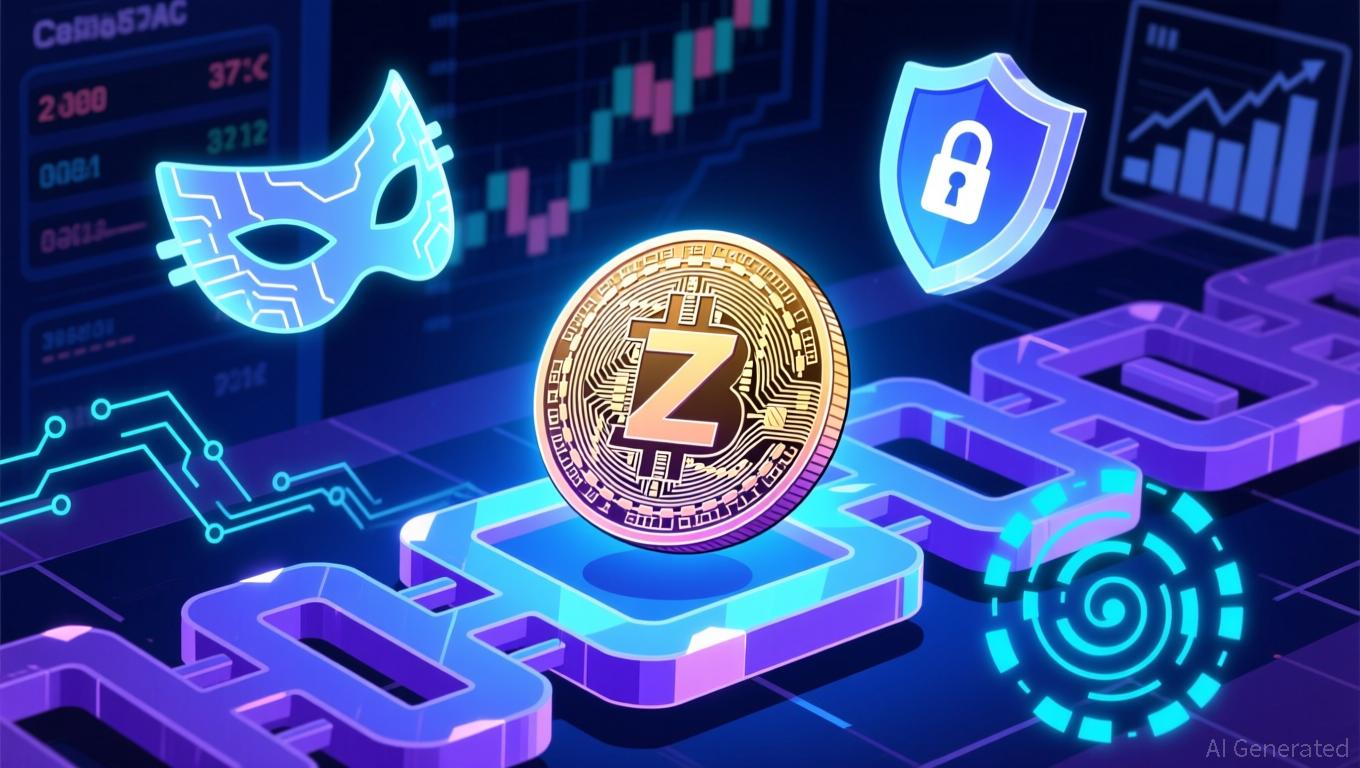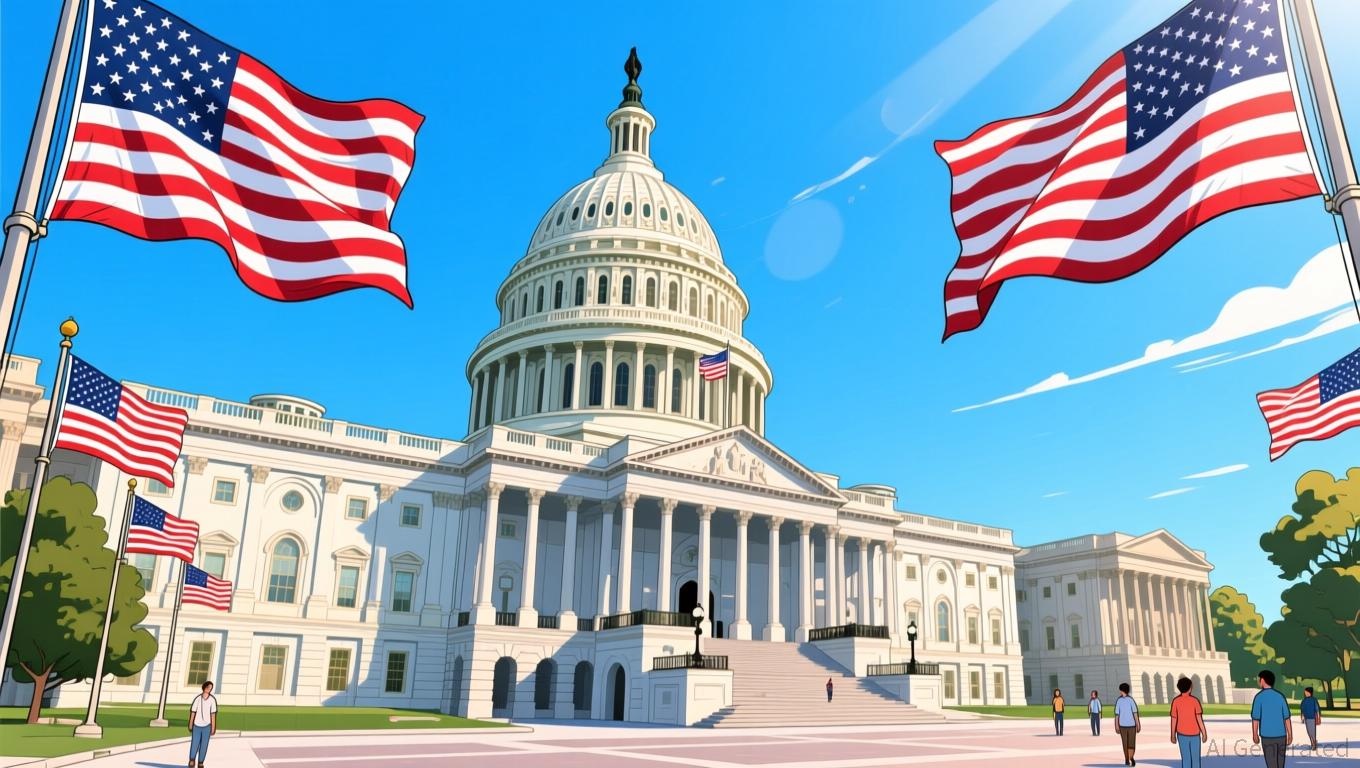Kenya Bitcoin ATMs Appear Days After New Crypto Law Takes Effect Without Licensed Operators
Bitcoin ATMs appeared across major shopping malls in Nairobi within days of Kenya's Virtual Assets Service Providers Act taking effect on November 4, 2025. According to Cointelegraph, machines branded "Bankless Bitcoin" were installed beside traditional banking kiosks in several major malls. The devices offer cash-to-crypto services to local residents.
The Central Bank of Kenya and Capital Markets Authority issued a joint notice on November 18 warning that no crypto provider has received authorization to operate. The regulators stated that neither agency has licensed any VASP under the new laws to operate in or from Kenya. Companies claiming authorization are doing so without legal backing, according to the official statement.
The National Treasury is currently developing regulations that will determine when licensing can begin. The VASP Act created a formal licensing framework for wallet operators, exchanges, custodians, and other crypto platforms. Under this law, the CBK oversees payment and custody functions while the CMA regulates investment and trading activities.
Why This Regulatory Gap Matters for Crypto Businesses
The appearance of Bitcoin ATMs before licensing procedures are ready creates immediate compliance questions for the industry. Kenya's crypto market handles approximately $20 million in daily transactions. The law now makes crypto firms legally accountable for preventing money laundering and terrorism financing activities.
We reported that Panama City is exploring Bitcoin reserves following El Salvador's policy framework, where 28 percent of American adults owned cryptocurrencies in 2025. Kenya's situation shows the tension between rapid crypto infrastructure deployment and regulatory preparedness. The machines reaching mainstream retail spaces while operators lack proper authorization puts both businesses and consumers in uncertain legal territory.
The timing affects Kenya's broader efforts to establish clear crypto oversight. The VASP Act imposes fit-and-proper checks for directors, customer verification rules, and mandatory reporting of suspicious transactions. Without active licensing processes, these requirements cannot be enforced against operating businesses.
Implications for African Crypto Market Development
Kenya's regulatory challenge reflects broader trends across Sub-Saharan Africa's rapidly growing crypto sector. On-chain value in the region surged to over $205 billion between July 2024 and June 2025. The region has become the third-fastest-growing crypto market worldwide as of October 2025.
Kenya joins South Africa and Nigeria in attempting to regulate digital asset platforms. South Africa declared crypto assets as financial products under its FAIS Act in 2022, giving regulators years to develop enforcement mechanisms. Nigeria passed investment and securities laws including cryptocurrency exchange licensing provisions. Ghana's central bank expects comprehensive crypto regulations by the end of 2025.
The Kenya situation demonstrates how infrastructure can outpace regulatory capacity. Capital News reported that Bitcoin usage has flourished in lower-income neighborhoods like Kibera, where residents use BTC as a form of banking. AfriBit Africa co-founder Ronnie Mdawida told the outlet that Bitcoin allows residents to hold value without documentation and banking paperwork.
The regulatory vacuum also raises questions about consumer protection and financial crime prevention. Kenya remains under scrutiny from the Financial Action Task Force and faces pressure to modernize its financial system. The coming months will determine whether Kenya can move from law to licenses quickly enough to manage the crypto sector effectively. The country's approach may set precedents for how other East African nations balance innovation with oversight.
Disclaimer: The content of this article solely reflects the author's opinion and does not represent the platform in any capacity. This article is not intended to serve as a reference for making investment decisions.
You may also like
Bitcoin Updates: Chicago Bitcoin ATM Sales—Expansion Plan or Result of DOJ Actions?
- Chicago-based Bitcoin ATM operator Crypto Dispensers explores a $100M sale amid federal money laundering charges against founder Firas Isa. - DOJ alleges the company processed $10M in illicit funds via ATMs, converting cash to crypto through untraceable wallets despite KYC obligations. - The firm shifts to software operations since 2020, citing rising compliance costs and fraud risks amid broader crypto market turbulence. - Isa faces up to 20 years in prison if convicted, while DOJ’s enforcement signals

Zcash News Today: Zcash's Rise in Privacy Poses a Challenge to Bitcoin's Reign of Transparency
- Zcash (ZEC) surged 150% in 30 days, outperforming crypto markets amid Cypherpunk's $18M ZEC investment boosting its $150M holdings. - Institutional demand for privacy coins like ZEC, Monero, and Dash grows as Zcash's 1.43% supply control tightens liquidity and drives $670+ prices. - Technical analysts project 40%+ gains if ZEC breaks $690, with Arthur Hayes predicting $1,000 potential, contrasting Bitcoin's $88k slump. - Zcash's November 2025 halving and privacy-focused narrative challenge Bitcoin's tran

YFI Declines 49.94% Over the Past Year as Overall Market Faces Downturn
- YFI fell 0.15% in 24 hours to $4006, with 49.94% annual decline amid broader crypto market downturn. - Yearn.finance lacks project updates or governance changes to drive price recovery since November 2025. - Token remains vulnerable to macroeconomic shifts and geopolitical risks affecting risk-on/risk-off investor behavior. - Analysts expect continued consolidation until on-chain metrics show ecosystem improvements or external market confidence rebounds.

Bessent: Raising the Debt Ceiling by July Is Essential to Prevent Market Turmoil
- US Treasury Secretary Bessent reiterated the economy is not at recession risk despite fiscal debates and market volatility. - He warned the debt ceiling must rise by July 2025 to avoid default, stressing "full faith and credit" is non-negotiable. - Corporate resilience (e.g., Ross Stores' strong earnings) contrasts with Fed policymakers' split on rate cuts amid inflation concerns. - Trump's $2,000 "tariff dividend" proposal faces congressional hurdles, with Bessent acknowledging it requires legislative a
